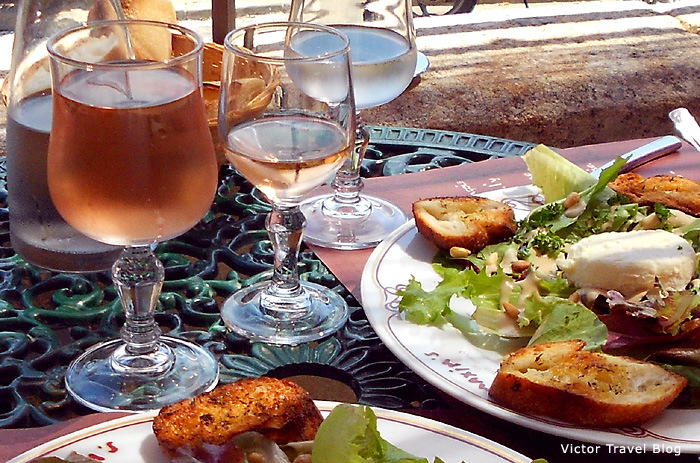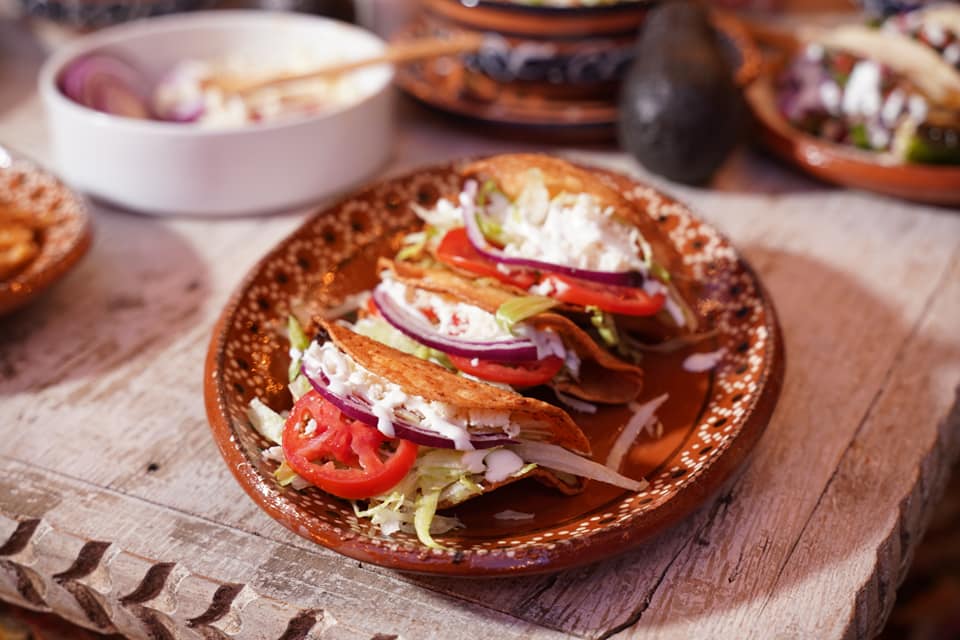Our home restaurants are representative of the diversity of the community. They address a lot of food desert issues.
— Akshay Prabhu
On Sunday, Edibles & Potables is a place to consider items of interest that fall outside Food & Dining Magazine’s metro Louisville coverage area.
Today, a link from Eater Los Angeles: Riverside’s Newly Legal Home Restaurants Look to Revolutionize California’s Food Scene, or “How California’s new AB-626 could unleash a completely new kind of marketplace of home-cooked meals.” The epicenter is Riverside, California, and the writer is Farley Elliott. Here are two pulls to set the table, but the reading is free, as well as recommended.
Barra de Pan is a home restaurant in the vast Inland Empire, and it has been given full approval to operate thanks to California Retail Food Code AB-626, which legalizes “microenterprise home kitchen operations.” The newly implemented regulation allows anyone to run a licensed restaurant out of their home kitchen and dining room. No commercial space, no food truck, no ghost kitchen, and no staff is needed — just pull some local permits to get certified by the Riverside County public health office.
AB-626 may seem like a small adjustment to the state’s vast body of food regulations, but in reality it’s something much more: The new law could unleash a dining revolution in California, precisely when it’s needed most. Between stay-at-home mandates, high unemployment, and the still-raging coronavirus pandemic, the entrepreneurial opportunities presented by AB-626 could mean tens of thousands of dollars in the hands of local chefs who feed their communities the food they most want to eat. And while Riverside is the state’s only county to fully implement AB-626, the dozens of restaurants that have come online since January 2020 are proving that a path forward for legal home cooking is not only possible, it’s needed.
Akshay Prabhu’s Foodnome app and website are playing an important role in the opening stages of the home cooking campaign.
Prabhu’s company helps simplify the process for aspiring home restaurateurs, who have been mostly women of color and immigrants so far. Staffers help home chefs walk through the cumbersome permitting process. The initial costs (usually just over $1000) covers the $651 paperwork, liability insurance, and startup toolkit. Chefs must also pass a week-long food management certification course and undergo home kitchen inspections by public health officers; once approved, they’re free to sell food from their home.
And while these entrepreneurs don’t need to use Foodnome as a listing directory for their business (they can market themselves on Instagram or other social media platforms), there’s strength in being listed alongside almost every other approved home business under AB-626 — about a few dozen spread mostly around Riverside, Corona, and the Moreno Valley.
When it comes to cooking from home kitchens, a compelling case can be made to LEGALIZE IT.
Considering the history of innovation emanating from the state of California, we can be confident Kentucky and Indiana eventually will follow suit — some time around 2040.




















